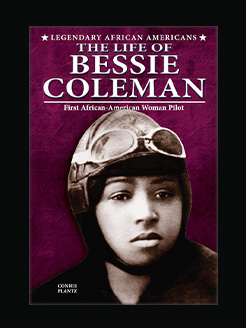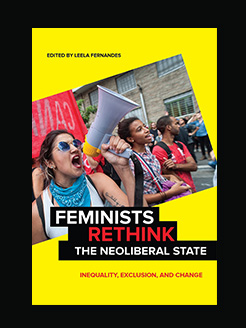Published in 2003
312 pages
Chandra Talpade Mohanty (born 1955) is a prominent postcolonial and transnational feminist theorist.
She became well-known after the publication of her influential essay, “Under Western Eyes: Feminist Scholarship and Colonial Discourses” in 1986. In this essay, Mohanty critiques the political project of Western feminism in its discursive construction of the category of the “Third World woman” as a hegemonic entity. Mohanty states that Western feminisms have tended to gloss over the differences between Southern women, but that the experience of oppression is incredibly diverse, and contingent on geography, history, and culture.
In 2003, Chandra Mohanty released her book, “Feminism Without Borders: Decolonizing Theory, Practicing Solidarity”. In this work, she argues for a bridging of theory and praxis, and the personal and the political. Major themes addressed include the politics of difference, transnational solidarity building, and anticapitalist struggle against globalization.
Mohanty is originally from Mumbai, India. She holds a Ph.D. and Master’s degree from the University of Illinois at Urbana-Champaign, as well as a Master’s degree and a bachelor’s degree from the University of Delhi in India. Originally a professor of women’s studies at Hamilton College in Clinton, New York, she is currently the women’s studies department chair at Syracuse University.
What is this book about?
Bringing together classic and new writings of the trailblazing feminist theorist Chandra Talpade Mohanty, Feminism without Borders addresses some of the most pressing and complex issues facing contemporary feminism.
Forging vital links between daily life and collective action and between theory and pedagogy, Mohanty has been at the vanguard of Third World and international feminist thought and activism for nearly two decades. This collection highlights the concerns running throughout her pioneering work: the politics of difference and solidarity, decolonizing and democratizing feminist practice, the crossing of borders, and the relation of feminist knowledge and scholarship to organizing and social movements. Mohanty offers here a sustained critique of globalization and urges a reorientation of transnational feminist practice toward anticapitalist struggles.
Feminism without Borders opens with Mohanty’s influential critique of western feminism (“Under Western Eyes”) and closes with a reconsideration of that piece based on her latest thinking regarding the ways that gender matters in the racial, class, and national formations of globalization. In between these essays, Mohanty meditates on the lives of women workers at different ends of the global assembly line (in India, the United Kingdom, and the United States); feminist writing on experience, identity, and community; dominant conceptions of multiculturalism and citizenship; and the corporatization of the North American academy. She considers the evolution of interdisciplinary programs like Women’s Studies and Race and Ethnic Studies; pedagogies of accommodation and dissent; and transnational women’s movements for grassroots ecological solutions and consumer, health, and reproductive rights.
Mohanty’s probing and provocative analyses of key concepts in feminist thought—”home,” “sisterhood,” “experience,” “community”—lead the way toward a feminism without borders, a feminism fully engaged with the realities of a transnational world.







